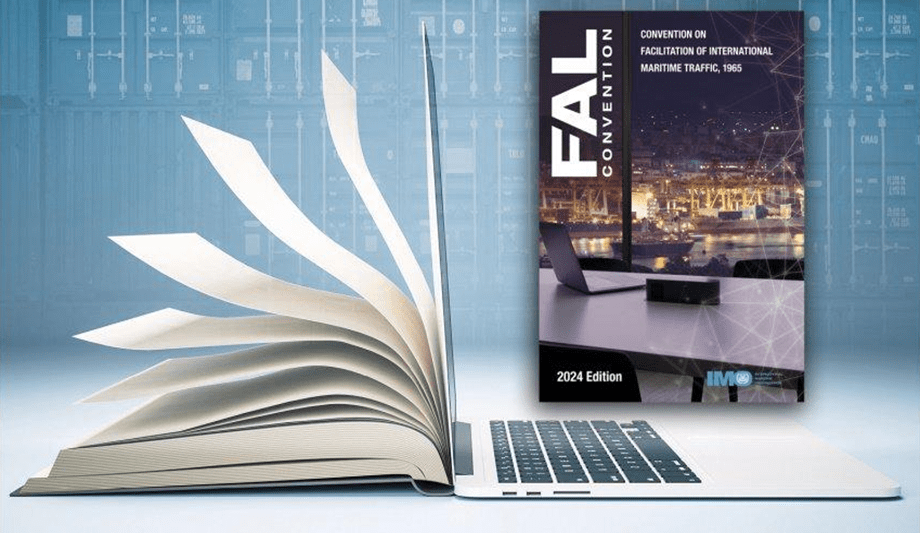The year 2024 marks a milestone in the acceleration of digitalisation in shipping – the mandatory ‘Maritime Single Window’.
The requirement under the Convention on Facilitation of International Maritime Traffic (FAL) requires Governments to use a single digital platform or ‘Maritime Single Window’ to share and exchange information with ships when they call at ports, since 1 January 2024.
This will streamline procedures to clear the arrival, stay and departure of ships and greatly enhance the efficiency of shipping worldwide.
Digitalisation is critical for greater efficiency in shipping
IMO Secretary-General Arsenio Dominguez said: “Digitalisation is critical for greater efficiency in shipping. The Maritime Single Window delivers information between ships, ports and government agencies quickly, reliably and smoothly.”
More than 4.6 million port calls were recorded globally in 2022. Typically, ships spend at least one full day at port.
IMO supports nations to implement Maritime Single Window
IMO has supported countries to implement the Maritime Single Window (MSW)
IMO has supported countries to implement the Maritime Single Window (MSW) . In November 2023, a generic Maritime Single Window (MSW) platform was handed over to the Port of Lobito in Angola, following a Single Window for Facilitation of Trade (SWiFT) project, which was supported by the Maritime and Port Authority of Singapore (MPA) and IMO.
The initiative built upon an earlier successful project coordinated by IMO that saw successful delivery in 2019 of a Maritime Single Window system in Antigua and Barbuda.
The Facilitation Committee of IMO issues guidelines
The Facilitation Committee of IMO has issued guidelines to assist Member States to implement the MSW, including the revised guidelines for setting up a maritime single window and the guidelines on authentication, integrity and confidentiality of information exchanges via maritime single windows and related services.
Facilitation Convention
The Facilitation Convention was adopted in 1965 and contains Standards and Recommended Practices with rules and procedures for simplifying formalities, documentary requirements and procedures on ships’ arrival, stay and departure.
The Convention has been updated continuously, embracing digitalisation and automation for procedures.











